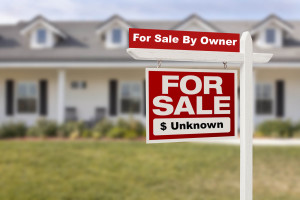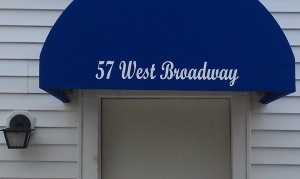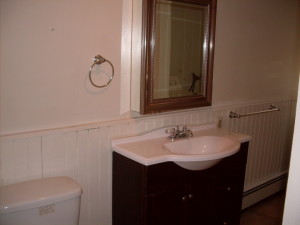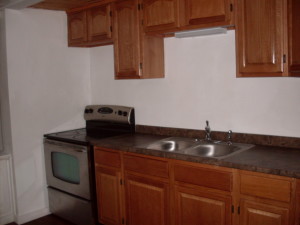Through his business, Flenniken Enterprises, Keith Flenniken has built an extensive real estate portfolio with both commercial and residential properties.
With the number of ‘flipped’ properties on the rise, Keith Flenniken offers potential homebuyers advice about what to look for when considering this investment.
A flipped home is one that is bought and then resold within six months with the intent of making a profit. Therefore, it is wise to make sure the investor did not cut any corners with defect coverups and shoddy renovation work. According to an article on MarketWatch, it is crucial to hire a home inspector, find out who did the work, check the permits, and look for structural problems.
Hire a Home Inspector, experienced home inspectors will have a better eye than most when it comes to spotting common shortcuts. They will be able to find traces of deferred maintenance that will help homebuyers better understand what they are getting themselves into.
Who Did the Work? Like anything, homebuyers should look into who did the work to ensure they are reputable. If the listing doesn’t name the flipper, the county assessor will provide access to who the deed belonged to last. In addition, Keith Flenniken’s expertise provides him the insight to avoid novices. Larger investment businesses are not afraid to spend money in order to make sure the job is done right, while novices are likely to avoid problems, as they are on a tight budget.
Check Permits If you suspect that major structural work took place, such as altering the layout of the home, check with the local building department that they have the appropriate permits and inspections.
Look for Structural Problems, Fresh coats of paint, New appliances, and High end finishes can make a house appear pristine, while underlying issues may turn the house into a money pit down the road. If you suspect structural issues, consider hiring a structural engineer to inspect the property, as the foundation of a home can cost thousands to repair.
To learn more about Keith Flennike, visit: http://keithflenniken.tumblr.com/ or http://expertfile.com/experts/keith.flenniken




 In some high-demand regions,
In some high-demand regions, 


